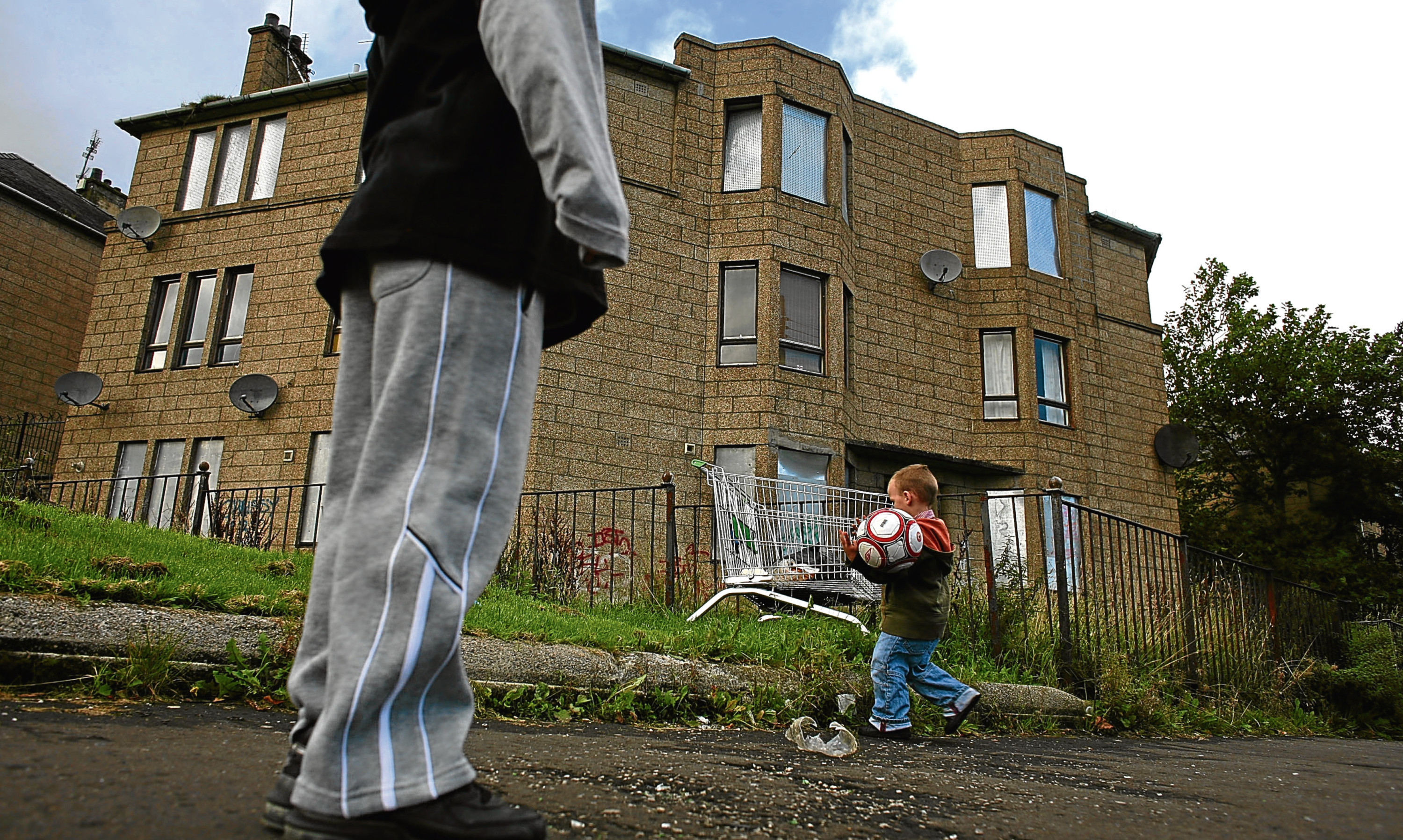Nobody marches for poor children.
There are marches against Trump’s border laws, for women and God alone knows how many times Indy folk have marched.
None, though, for the children who will be raised in poverty and die earlier than their better-off peers.
There is no neat slogan, no obvious rallying point for the children whose health and wellbeing is determined the day they are born.
Protesting is good – all of the above marches are right, the causes worth shouting about.
Maybe the problem with poverty is that we have shouted about it so much, nobody can hear the pain any more?
We are doing a lousy job at tackling the effects of poverty, compared to other nations.
This issue is beyond party – you can look at the entire span of devolution and see that the statistics on how many children are affected by poverty is pretty constant.
A report out last week drew attention to the problem.
The Royal College of Paediatrics and Child Health surveyed the health of the young across the UK and found a gloomy picture across this island – but the evidence for Scotland was worse than the average.
The report said the health of children in Scotland was “among the worst in Europe”.
The thing is, you have heard that before. In fact, you have been reading such headlines for decades.
Last week’s report hit the front pages, prompted some regret and then bobbed below the surface of public consciousness.
Don’t worry, the issue will resurface in a few months’ time, with a new survey or speech highlighting the problem.
So long has poverty been the grim reaper of our children and so long have we known about it, you might imagine Scots quietly enjoy the grisly record – an obese, wheezing badge of honour.
For years now it has been a fail-safe punchline for comedians – we all laugh along at any reference to our self-harm and inter-generational damage – get us, dead funny.
“We are making progress. Children are healthier now than they were 10, 20 years ago but compared to other countries in the EU, we’re not doing so well,” said the author of the Scotland evidence in the report, Dr Steve Turner.
“Our improvements are slower. And the focus here has to be on the inequalities. We live in a society where the health of children in the most affluent communities is remarkably good and comparable to the best levels of health anywhere else in the world.
“But if you look at the state of health of children in our poorest communities, the story is pretty rubbish. We have to do better for these children.”
Did anybody argue – of course not. We all agree it is wrong and should be corrected. It seems, however, that that agreement isn’t enough.
Professor Graham Watt coordinates 100 GP practices in the poorest parts of Scotland.
“I was writing about this 25 years ago and the grimmest thing about this report is that it is not new. It is discovered every six months and gets the headlines,” he says.
Prof Watt says what we all know, that the solutions aren’t beyond us, simply more expensive then we are prepared to pay for.
“It involves choices and decisions which in times of austerity are difficult decisions,” he says. “That’s why politicians have turned their backs on tax as a solution. But to try and get Scandinavian levels of care with American levels of tax just doesn’t equate.”
And if poverty is a cliche of Scotland’s policy problems, then so too is the cry about Scandinavian expectations and American meanness.
Simple measures would make a big difference – mothers not smoking during pregnancy, babies on breast milk for months not weeks, better diets for children.
All parties care about the issue of poverty and health but none can find a way to champion it as a spending priority – perhaps because we, the voters, are so used to gloomy health reports and pledges of government action plans, we assume the job is in hand.
More than 200,000 children live in poverty in Scotland and 400 die each year – many from avoidable causes.
The Scottish Government has said tackling child poverty is the major infrastructure project of this administration and it adopted Scandinavian novelties like baby boxes for new mothers.
People like Dr Turner and Professor Watt have a list of other demands – not complicated nor astronomically expensive – but requiring Scotland to go further, spend more and work harder.
Scotland has to hear, beyond the general noise of poverty, budgets, tough times, government initiatives, that on this day we are deliberately allowing children to be born in conditions that will kill them.
Kids in well-off areas will do as well as any child anywhere – the problem is not general. It may indeed be quite alien to your social circle or experience.
However, it is real, we have known about it for decades and it can be fixed with the powers we have.
We are all witnesses to this crime and we have grown used to walking by – a daily march of shame.
